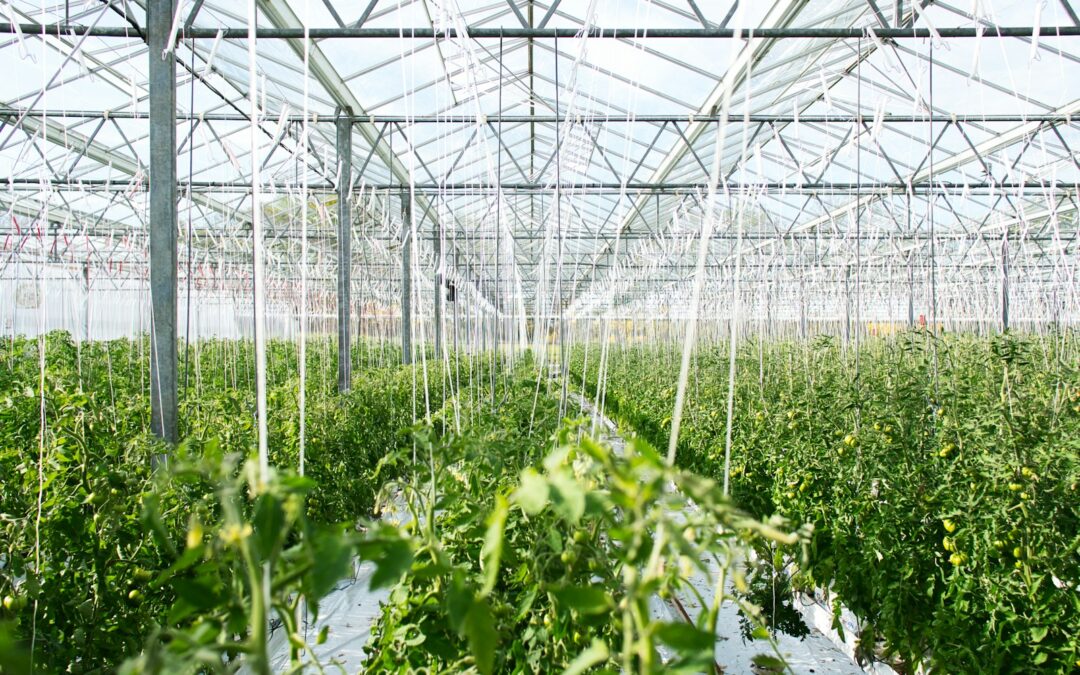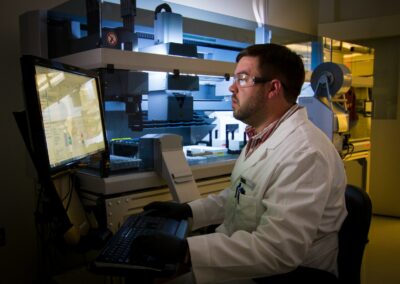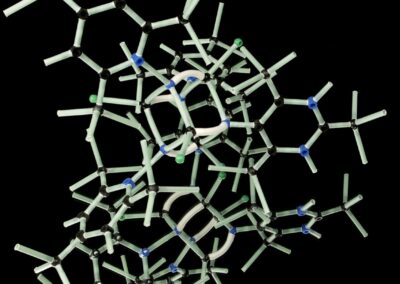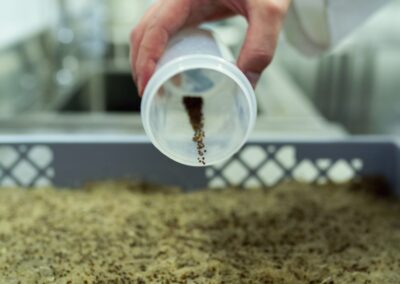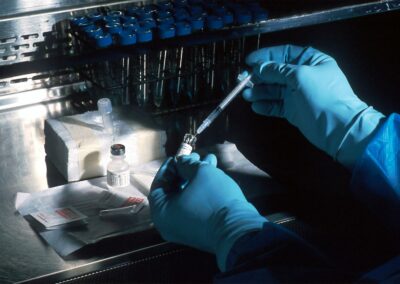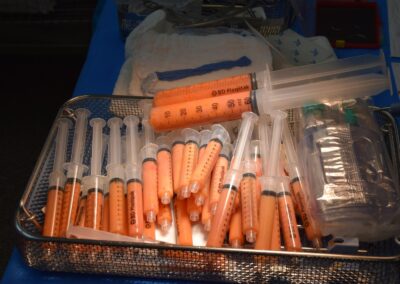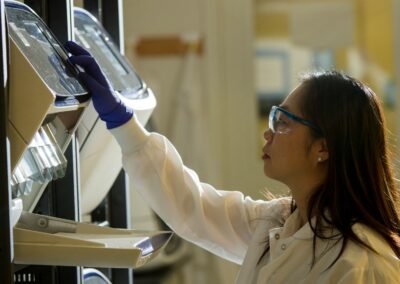Understanding the Benefits of Biotechnology in Agriculture
Enhancing Crop Yield and Quality
Biotechnology in agriculture offers significant potential to enhance crop yield and quality, addressing the growing global demand for food. By incorporating genetic modification techniques, scientists can develop crops that are resistant to pests, diseases, and environmental stresses such as drought and salinity. This leads to higher productivity and reduces the reliance on chemical pesticides and fertilizers, contributing to more sustainable farming practices. In regions like Saudi Arabia and the UAE, where agricultural conditions can be challenging, the adoption of biotechnological innovations can ensure a stable food supply and improve food security. The ability to produce high-yield, resilient crops aligns with the regional goals of achieving agricultural sustainability and economic growth.
Improving Nutritional Value and Food Security
Another significant benefit of biotechnology in agriculture is the improvement of the nutritional value of crops. Through genetic engineering, crops can be fortified with essential vitamins and minerals, addressing malnutrition and health deficiencies in various populations. For instance, biofortified crops such as Golden Rice, which is enriched with Vitamin A, can help combat nutrient deficiencies in regions where such deficiencies are prevalent. In Saudi Arabia and the UAE, where there is a focus on improving public health outcomes, biotechnological advancements in agriculture can play a crucial role in enhancing the nutritional profile of food products, contributing to better health and wellbeing of the population. Additionally, increased crop resilience and productivity support food security by ensuring consistent and reliable food supplies.
Promoting Environmental Sustainability
Biotechnology in agriculture also promotes environmental sustainability by reducing the ecological footprint of farming practices. Genetically modified crops that are resistant to pests and diseases can significantly reduce the need for chemical pesticides, which can have harmful effects on the environment and human health. Moreover, biotech crops engineered for herbicide tolerance allow for the use of more environmentally benign herbicides and can facilitate conservation tillage practices that reduce soil erosion and improve soil health. For regions like Riyadh and Dubai, where environmental sustainability is a priority, adopting biotechnological innovations in agriculture can help mitigate environmental impacts and promote sustainable land management practices.
Evaluating Potential Health Risks
While the benefits of biotechnology in agriculture are substantial, it is crucial to assess potential health risks associated with genetically modified organisms (GMOs). Concerns about allergenicity, gene transfer, and unintended effects on human health necessitate thorough risk assessments and regulatory oversight. In Saudi Arabia and the UAE, implementing rigorous testing protocols and regulatory frameworks ensures that biotech crops are safe for consumption. This involves comprehensive evaluation of the genetic modifications, long-term health studies, and transparent communication with the public to address concerns and build trust in biotechnological advancements. By prioritizing safety assessments, these regions can harness the benefits of biotechnology while safeguarding public health.
Addressing Environmental and Ecological Concerns
The environmental risks of biotechnology in agriculture include potential impacts on biodiversity and ecosystem dynamics. For example, the introduction of genetically modified crops may affect non-target organisms and lead to the development of resistant pests and weeds. Assessing these risks requires careful ecological studies and monitoring to understand the long-term effects of GMOs on the environment. In regions like Saudi Arabia and the UAE, where biodiversity conservation is vital, adopting a precautionary approach to biotechnology deployment is essential. This includes conducting environmental impact assessments, promoting biodiversity-friendly farming practices, and ensuring that biotech crops coexist with traditional agricultural systems in a sustainable manner.
Implementing Risk Management and Regulatory Strategies
Effective risk management and regulatory strategies are crucial for ensuring the safe and sustainable use of biotechnology in agriculture. Policymakers and industry leaders must collaborate to develop robust regulatory frameworks that address health and environmental risks while fostering innovation. This involves establishing clear guidelines for GMO approval, post-market monitoring, and compliance with international standards. In Saudi Arabia and the UAE, regulatory bodies can play a pivotal role in overseeing the development and deployment of biotech crops, ensuring that they meet safety and sustainability criteria. By implementing comprehensive risk management strategies, these regions can balance the benefits and risks of agricultural biotechnology, supporting sustainable agricultural development and economic growth.
#Biotechnology #Agriculture #Sustainability #GeneticModification #FoodSecurity #BiotechInnovation #AgriculturalBiotechnology #EnvironmentalSustainability #RiskManagement #HealthyCrops

